how to become a livestock vet
The coursework generally covers topics like animal anatomy animal illnesses and physiology. Earn an undergraduate degree Earning an undergraduate degree can not only help you gain important skills necessary for a career as a large animal vet it can also help you with future applications to veterinary school.
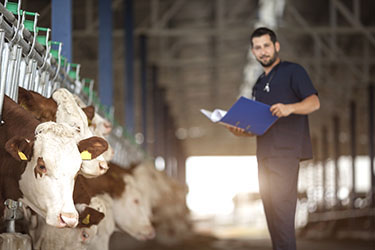
Need For Livestock Vets Continues To Rise
Future zoo veterinarians need a Doctor of Veterinary Medicine DVM.

. Or VMD degree from an accredited veterinary medicine college. Consider electives like animal science or related courses. The Academy of Equine Veterinary Nursing Technicians AEVNT requires prospective members to submit a letter of intent.
Your first step to becoming a vet begins in high school. All large animal veterinarians graduate with a Doctor of Veterinary Medicine degree. Prepare by taking prerequisites in math geometry algebra trigonometry and calculus English and lab sciences physics biology and chemistry to prepare you for college.
To become a Wildlife Vet you will need to study towards a veterinary degree commonly abbreviated to DVM doctor of veterinary medicine. Ad Find Veterinary assistant college. You can research prerequisite requirements using the Veterinary Medical School Admission Requirements VMSAR and ask a counselor for guidance.
When we researched the most common majors for a Small Animal Veterinarian we found that they most commonly earn Bachelors Degree degrees or Doctoral Degree degrees. DVM programs emphasize a general knowledge of veterinary medicine as well as prepare livestock veterinarians to specialize in animals used for resources such as cattle sheep or pigs. Education Requirements to Become an Exotic Animal Vet.
Which classes would be most beneficial for a student wishing to become a veterinarian. As a veterinary hopeful you begin the application process to schools of veterinary medicine accredited by the American Veterinary Medical Association AVMAsuch as the Ross University School of Veterinary Medicine Ross Vet. Pursue further training if desired.
At least 50 case logs. Outlining 8 steps to become a veterinarian Optimize your undergraduate experience. Programs typically take four years to finish and involve classroom studies laboratory experience and clinical work.
Here is a list of steps you can follow to help you start your career as a large animal vet. Take courses in animal behavior if available general biology chemistry physics and mathematics. Other degrees that we often see on Large Animal Veterinarian resumes include Associate Degree degrees or High School Diploma degrees.
The educational route to becoming an exotic animal vet begins with a Bachelors Degree that provides a strong background in the sciences. For an entry-level position such as a veterinary technician you will need to enroll in an associates degree program accredited by the American Veterinary Medical Association AVMA. Gain as much experience as possible.
Instead you learn to treat cats dogs bovine and equine first. Ad Browse Discover Thousands of Medicine Book Titles for Less. Most veterinary schools expect students to complete a bachelors degree which needs to include specific courses.
There are no specific vet schools for exotic animals. With a 4-year degree you can become a veterinary technologist. Following your undergraduate studies you will complete a Doctor of Veterinary Medicine DVM program which generally takes four years.
Two letters of recommendation. Optimize your undergraduate experience. Later on after vet school is when you can specialize in exotic animals.
The DVM program is a rigorous course of study that covers all aspects of health care for both small and large animal species. Most aspiring livestock veterinarians complete a bachelors degree program in a major related to animal science before attaining the required Doctor of Veterinary Medicine DVM degree through veterinary school. When we researched the most common majors for a Large Animal Veterinarian we found that they most commonly earn Bachelors Degree degrees or Doctoral Degree degrees.
Much more than the standard 8-10 years that a general veterinarian goes through. Search For Veterinary assistant college With Us. CONS of Becoming a Livestock Veterinarian Must complete a doctoral program four additional years of schooling Veterinary school is difficult to get into Only 28 accredited programs in the US Emotional stress involved in working with and euthanizing sick animals May work long hours including nights weekends and on-call for emergencies.
Since animal health issues often impact human health the general public is entitled to competent veterinary care so specific regulations are in place and are enforced by state law. Other degrees that we often see on Small Animal Veterinarian resumes include Masters Degree degrees or High School Diploma degrees. Then take the Graduate Record Examination GRE to qualify for entering a veterinary school.
Graduates must then begin veterinary college although competition for admission is extremely competitive. The next step in your journey of how to become a veterinarian is to start applying to veterinary medical school. How Much Education Do I Need.
Complete any additional requirements. 4 Steps to Becoming Licensed as a Vet Step 1 Earn a bachelors degree in a biological science to prepare for entering veterinary school. Study might include a four-year college or university Bachelor of Arts or Science degree followed by four years in veterinary school.
Study for and pass the NAVLE. Education and Training. To illustrate an exotic animal vet must first earn a DVM degree.
Livestock veterinarians must then complete an internship or residency program and become licensed before being able to practice. Five detailed case reports. Becoming proficient in mathematics and science courses will be very helpful.
Proof of state vet tech credential. Apply to veterinary programs.
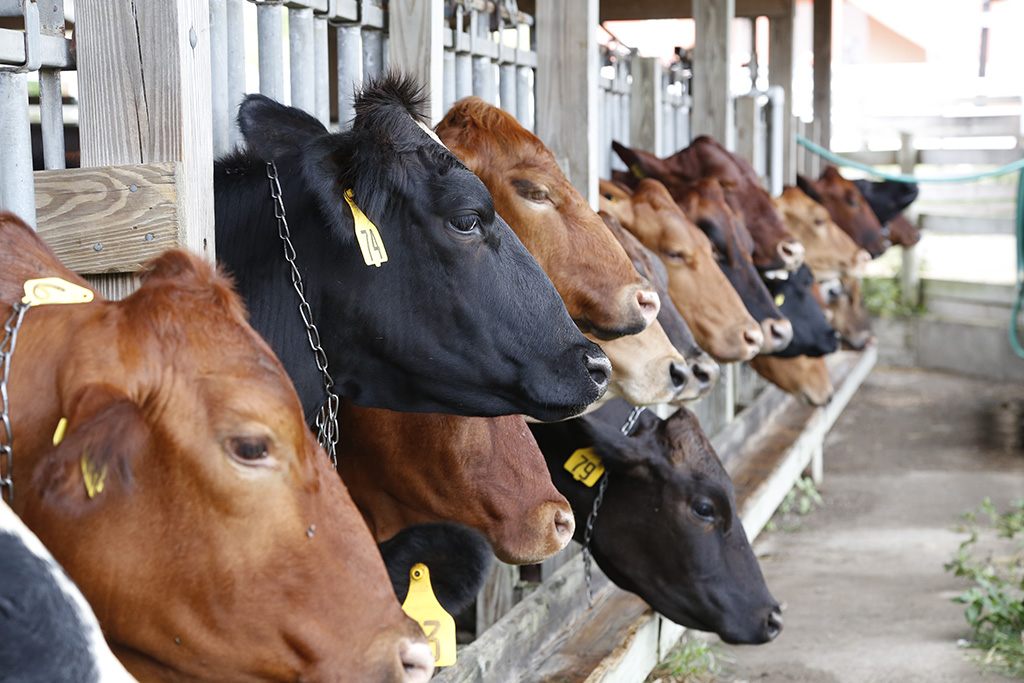
What Is A Large Animal Veterinarian Ross Vet

Veterinarians Occupational Outlook Handbook U S Bureau Of Labor Statistics

A New Problem For Farmers Few Veterinarians The New York Times

Large Animal Veterinarians In High Demand In Rural Areas

Information On Becoming A Large Animal Vet

Summer Herd Health Part 3 Ranchers Seeking Large Animal Vets For Maintaining Herd Health Beef Magazine
How To Become A Vet Working In Sustainable Livestock Production Vet Record Careers

What Does A Large Animal Vet Do Examining This Role
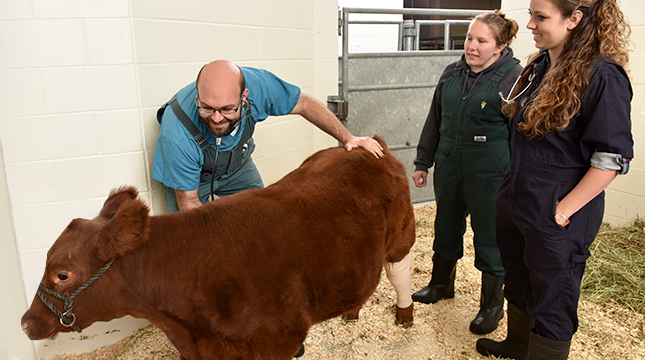
Food Animal Counts Iowa State University

Food Animal Veterinarian Agexplorer
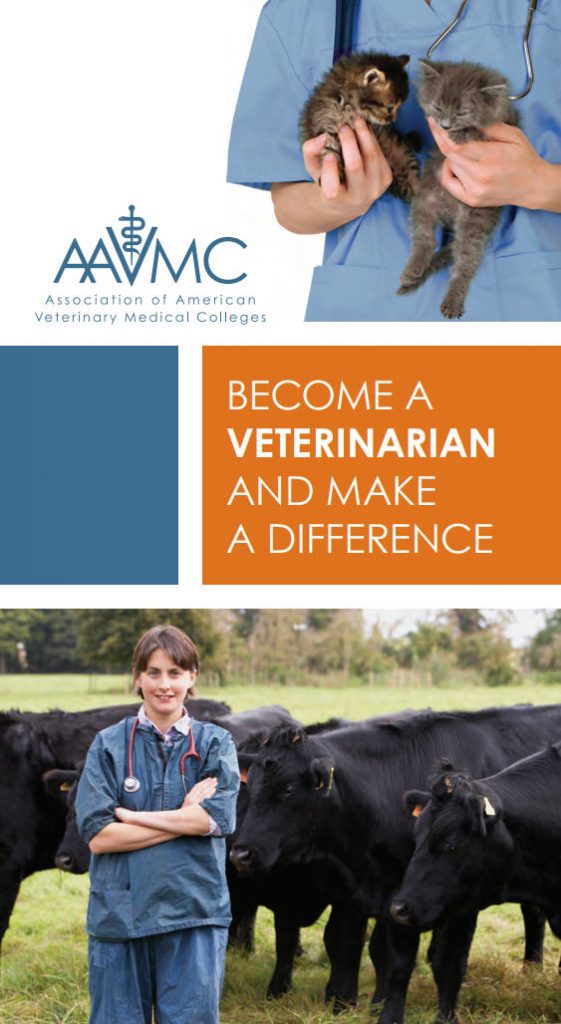
A Career In Veterinary Medicine Aavmc

Livestock Vets Near Me Ag Service Finder
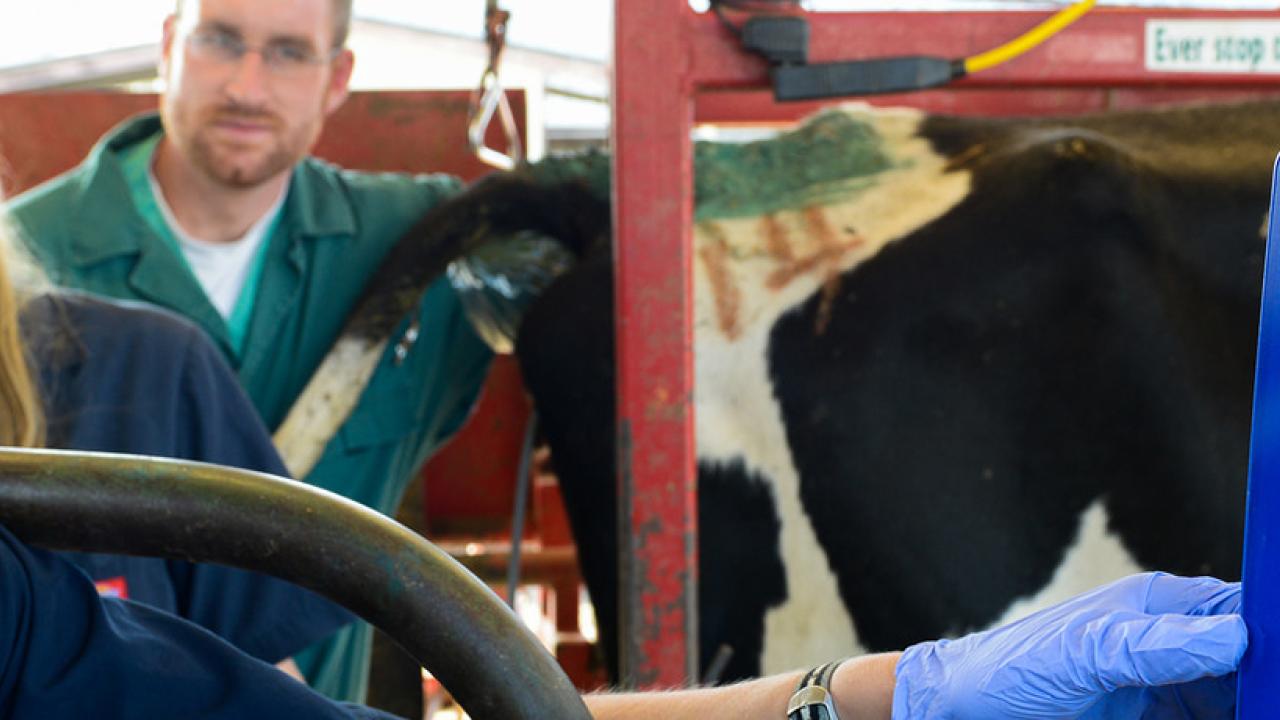
Large Animal Ultrasound School Of Veterinary Medicine

The Bond Between Humans And Livestock College Of Veterinary Medicine At Msu

Farm Animal Hospital College Of Veterinary Medicine

Locomotion Scoring For Cattle Livestock Judging Ag Education Pet Vet

5 Types Of Veterinarians And What They Do Sgu

Essential Skills And Abilities Cornell University College Of Veterinary Medicine
